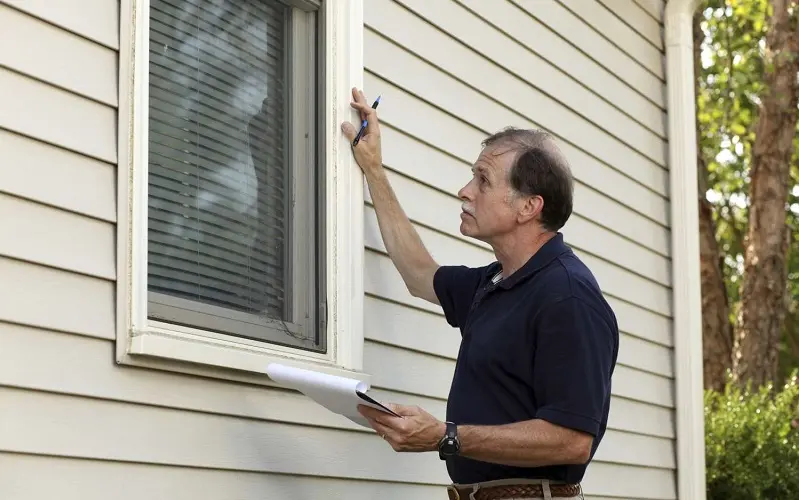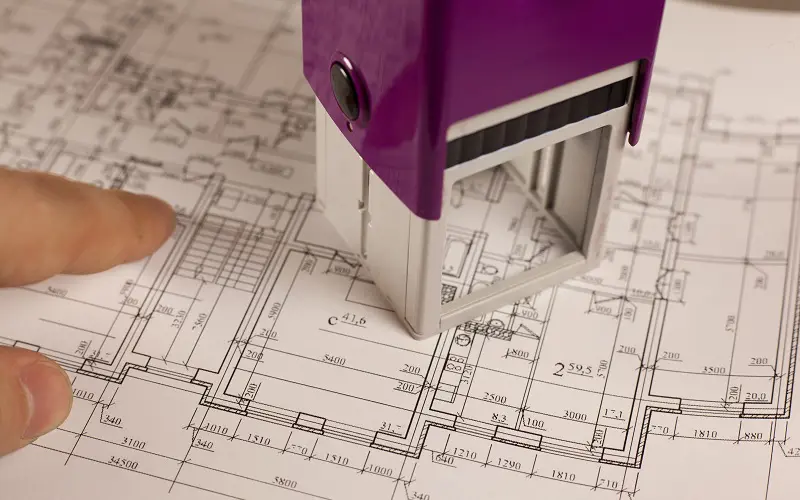Welcome to the world of real estate management in the Section 8 program. It is where real estate meets a critical social challenge.
In this dynamic field, landlords and property managers play a key role. They provide affordable housing to low-income individuals and families.
In contrast, navigating a unique set of government regulations and subsidies. Join us to understand the intricacies of Section 8 property management requirements.
You’ll be able to explore how housing, finance, and social responsibility intersect within it.
What Is Section 8 Property Management and How Does It Work?

Section 8 property management is a service that helps landlords and tenants participate in a government-funded program that provides rental assistance to low-income households.
The program requires landlords to meet certain housing quality standards and rent limits, and tenants to pay a portion of their income as rent.
Section 8 property management plays a key role in implementing current initiatives. Its main objective is to ensure that there is reliable and affordable housing.
It is appropriate for a family with limited financial resources. Section 8 is the cornerstone of federal housing assistance programs. It operates in two main areas:
Housing Choice Voucher (HCV) Program
The HCV program assists qualified low-income tenants. It provides them with vouchers that allow them to offset the cost of rent.
This provision empowers them to select suitable housing within the private rental market. Landlords participating in this program voluntarily agree to rent their properties to voucher recipients.
At the same time, the government assumes responsibility for covering a portion of the rent.
Project-Based Rental Assistance (PBRA) Program
The PBRA program is based on statewide agreements with specific rental properties. Under this program, several units are reserved exclusively for people needing affordable housing.
The state government directly subsidizes rent. Both of these programs involve complex regulations and mandatory inspections.
This complexity makes compliance with Section 8 requirements an added challenge for landlords. But it also represents a potentially lucrative business.
What Are The Requirements?

So now you know what Section 8 property is. But let’s look at how you can participate in this program.
So homeowners must meet certain requirements. You must adhere to specific guidelines set by the U.S. HUD. Here are the basic requirements:
- Property eligibility: Housing must meet HUD’s minimum health and safety standards. Landlords must ensure the housing is in good condition. It must have working utilities and meet local building codes.
- Reasonableness of the rent charged: The rent charged must be reasonable compared to market rates for similar properties. HUD may perform rent reasonableness tests to ensure that the rent is fair.
- Lease agreement: Property owners are required to use a standardized lease agreement. Compliance with the lease terms and conditions specified therein is mandatory.
- Property inspection: You must organize a thorough inspection of the property before moving in.
- Compliance with fair housing laws: Section 8 is good if you follow federal fair housing laws.
They cannot discriminate against Section 8 voucher holders based on:
- Race
- Religion
- Disability
- Familial status
Meeting these requirements is essential for landlords who want to participate in property management through the Section 8 program. You will be able to help provide affordable housing for low-income individuals.
Advantages of Section 8 Property Management
Let’s break down Section 8 and highlight the benefits:
- Guaranteed rent: Tenants receive rental assistance from the government. It provides landlords with a reliable source of income.
- Lower vacancy rates: Demand for housing through the Section 8 program is often high. This results in lower vacancy rates. It can lead to shorter periods of tenant absence.
- Regular inspections: The housing authority regularly inspects Section 8 housing. It helps ensure the housing is in good condition and meets standards.
- A stable tenant base: Program Tenants tend to stay in the housing for longer periods. They provide stability and reduce turnover costs for landlords.
Disadvantages of Section 8 Property Management
Of the disadvantages, we can highlight a few points as well:
- Administrative burden: Managing a property can involve paperwork and regular inspections.
- Rent restriction: Section 8 requirements limit the amount of rent. It may be lower than the market rate for similar properties.
- Potential delays: Payments from the housing authority may be delayed. It leads to a temporary shortfall in income for landlords.
- Problems with tenant screening: Even though Section 8 program tenants undergo some screening, landlords still have to do their own background checks on tenants to ensure they are suitable, which can be difficult.
How Do You Get a House Approved for Section 8?

You must have a clear understanding of what Section 8 property is to obtain building permits. It involves several steps.
You must ensure the home meets the requirements of the Department of Housing and Urban Development. Here is a general outline of the process:
- Contact your local public housing agency (PHA): Start by contacting the PHA in your neighborhood. They will provide guidance and the necessary application forms.
- Property inspection: Schedule a home inspection with the PHA. An inspector will visit your home. They should ensure it meets HUD’s safety and quality standards. Specify any necessary repairs or improvements.
- Fill out an application: Submit the necessary application forms to the PHA. Don’t forget information about the property, the terms of the lease, and your contact information.
- Fair Market Rent (FMR): The PHA will determine the fair market rent for your area and the maximum amount they will subsidize for Section 8 property management. Your rent should be within this range.
- Sign a Housing Assistance Payment (HAP) contract: Has your property been inspected and met other requirements? Then, you will sign a contract with the PHA that outlines the terms of the Section 8 program.
- Advertise your property: Post a notice that the Section 8 program approves your property. Start accepting applications from Section 8 voucher holders.
- Tenant Selection: Select a tenant approved for the Section 8 program. Follow the PHA’s guidelines for lease agreements and surrender procedures.
You will be able to participate in the Section 8 program if you follow these steps and work closely with your local PHA.
You will be able to contribute to the provision of affordable housing for those in need. As a result, you will be eligible for government aid.
Conclusion
Section 8 property management offers a unique opportunity for landlords to provide affordable housing while receiving guaranteed rental income.
If you want to earn extra money, you may want to consider this as a potential option.

